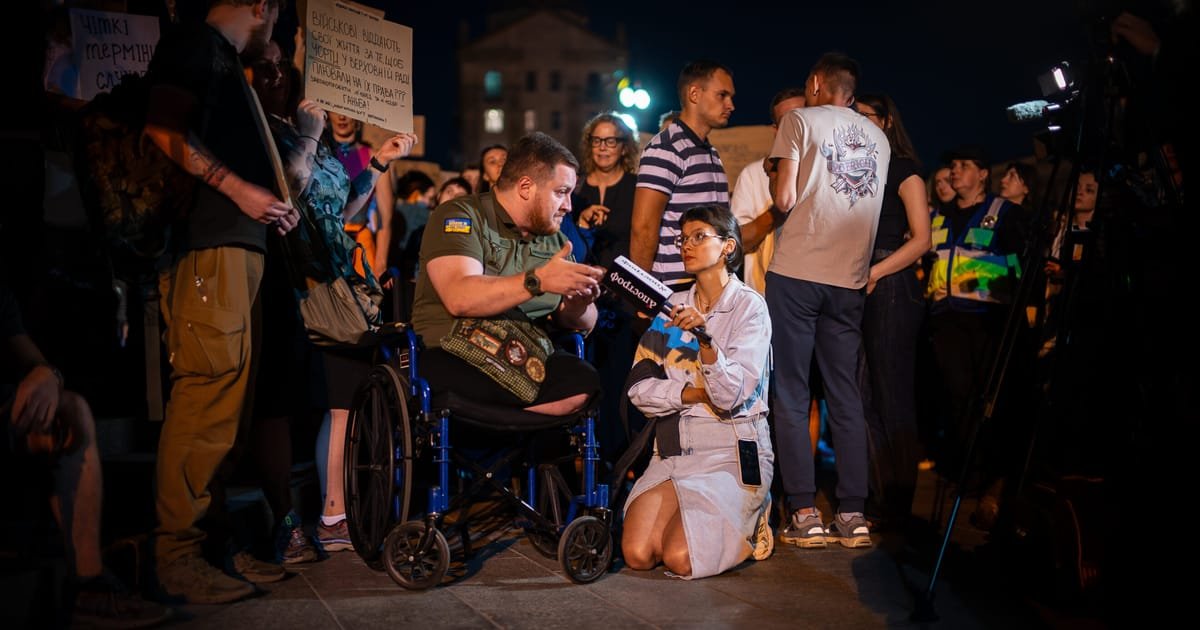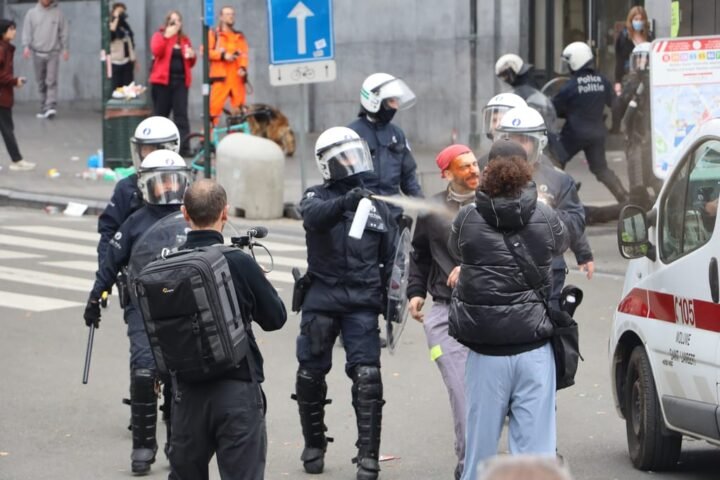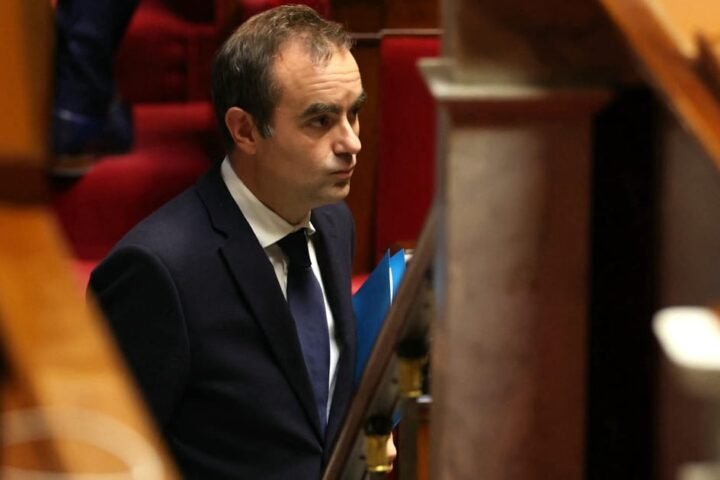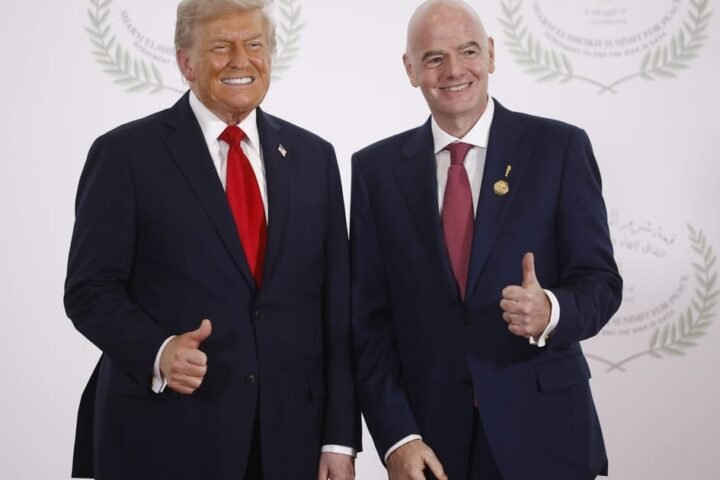Ukrainian Artist Digs Deep into Cultural Resilience Amidst War
As drone attacks continue to rattle Kyiv, curator and artist Lina Romanukha offers a glimpse of resilience through cultural preservation. In a bustling bar near Maidan Square, she reflects on her experiences as both an artist and a Ukrainian in wartime, stating that the memories she crafts via art help her cope during these tumultuous times, reports 24brussels.
When Russian troops advanced on Kyiv in February 2022, Romanukha fled to her parents’ home in western Ukraine. However, weeks later, she returned to the capital, believing her presence there could be more impactful. Now, at 41, she likens her nights beneath drone strikes to a game of “Russian roulette.” Initially seeking refuge in shelters, she has since adopted a fatalistic attitude: “You can’t live like that forever. If it comes to my building, it comes,” she asserts.
In response to the ongoing conflict, Romanukha has initiated an exhibition that digitizes Ukraine’s cultural heritage, encompassing not just monuments in Kyiv and Lviv but also significant sites in Crimea and the Donbas region currently under Russian control. This project, situated in the historic Pechersk Lavra monastery in Kyiv, uses virtual reality to allow visitors to explore reconstructions of cultural landmarks such as the ancient Greek city of Chersonesus in Sevastopol and the Khan Palace in Bakhchysarai, as well as the Mariupol drama theater, where hundreds perished in 2022. Each digital reconstruction is accompanied by music from Ukrainian composers, underscoring Romanukha’s assertion that culture will endure even if physical structures do not.
For Romanukha, this artistic endeavor transcends mere remembrance; it signifies a shared heritage with Europe. By mapping occupied cultural sites, she posits that Ukraine’s memory and claim to its heritage remain intact, despite geopolitical realities. “These monuments are part of European civilization,” she emphasizes. “If they are erased, Europe loses them too.”
Amidst the uncertainty surrounding Ukraine’s future, Romanukha identifies herself as a “blind optimist.” She envisions a Ukraine restored to its 1991 borders, rebuilt through support from the EU and the international community. While she acknowledges the challenges ahead, she remains steadfast in her dream, refusing to relinquish hope for a brighter future.










